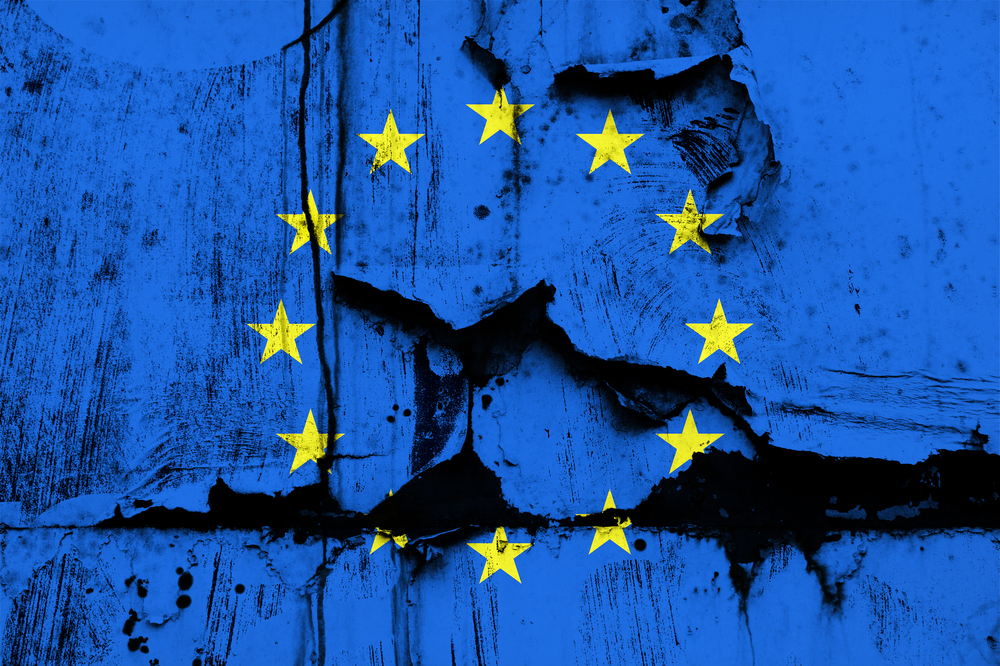Klimov noted that the UK’s exit marked the beginning of the EU’s decline.
Others are reading now
The dissolution of the European Union (EU) began with the United Kingdom’s departure, according to Andrey Klimov, Deputy Chairman of the Federation Council Committee on International Affairs.
EU Has Strayed Far From the Objectives
Klimov shared his views in an interview with Lenta.ru, where he responded to calls from Florian Philippot, leader of the French “Patriots” party, to dismantle the EU due to its aggressive and militaristic policies.
Klimov expressed his personal opinion that the EU has strayed far from the objectives for which it was originally established. He recalled that the EU is the successor to the European Coal and Steel Community, founded after World War II to prevent conflicts in Western Europe, particularly between France and Germany.
Initially, the European Coal and Steel Community aimed to create a unified market and approach to trade, evolving into what is now the European Union. However, Klimov argued that the EU has expanded disproportionately to its capacity and needs, encompassing a majority of European countries but struggling to manage this growth.
Also read
An Appendage to NATO
He further criticized the EU for becoming an appendage to NATO, suggesting that the union’s original purpose has been compromised.
Klimov noted that the UK’s exit marked the beginning of the EU’s decline. He expressed indifference toward the EU’s fate but indicated that the disintegration process seems likely to continue.
These remarks align with those of Florian Philippot, who recently argued that the EU should be dismantled because of its aggressive stance and criticism of peace initiatives. Philippot cited Hungarian Prime Minister Viktor Orban’s experience, highlighting the backlash Orban faced within the EU for his attempts to negotiate a resolution to the Ukrainian conflict during visits to Russia and China.


